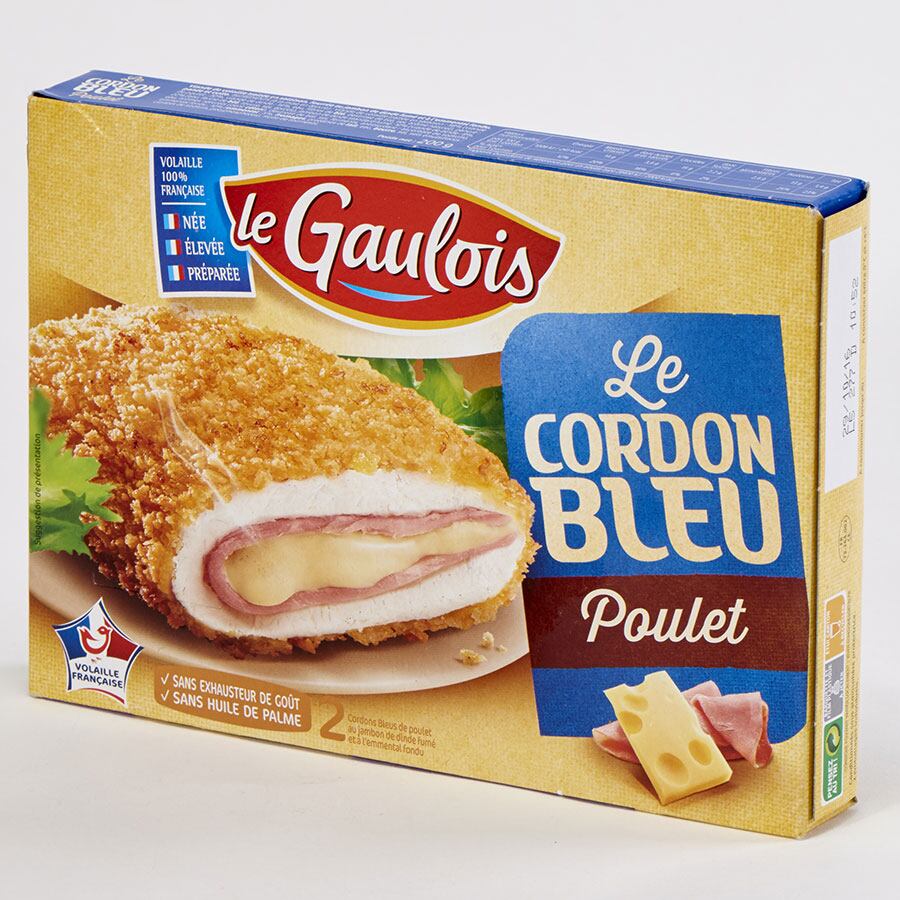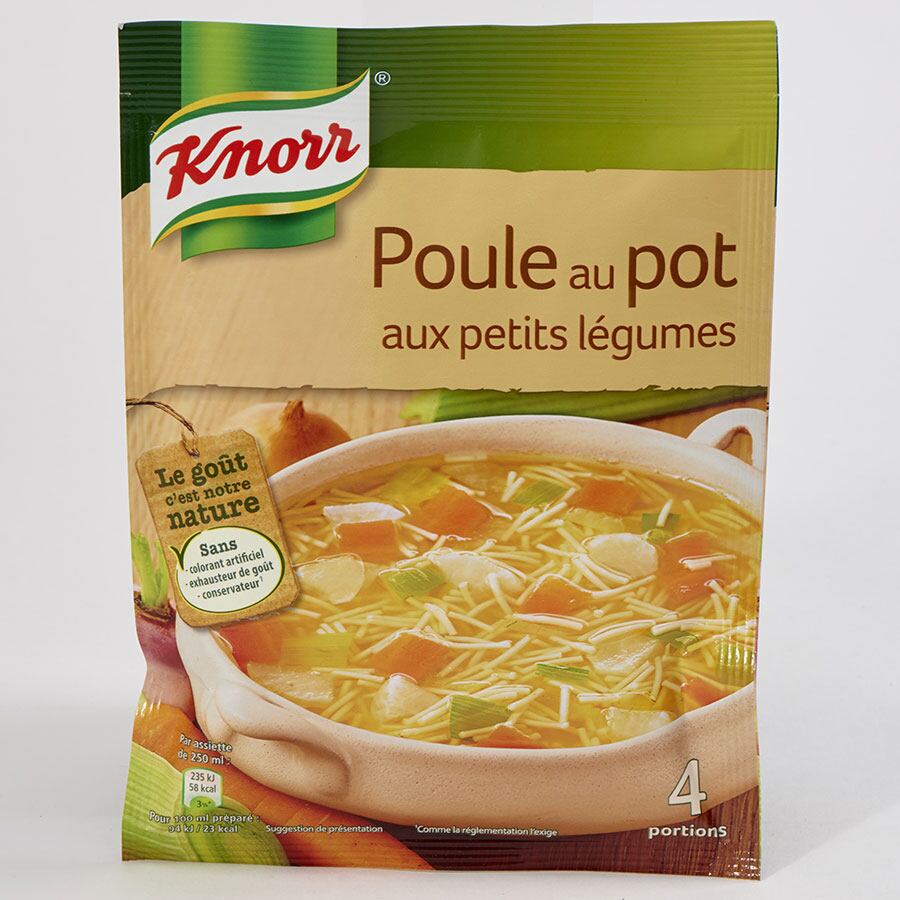The consumer watchdog analysed the salt content of 132 products across 14 different categories available in France - including both branded and private label products - and compared the results with testing it conducted in 2013.
Only 13 out of the 77 products that were tested in both years had reduced the salt content, it found.
What's on your plate?
Using the results, QueChoisir has composed a reduced-salt, one-day meal plan for consumers, showing how nearly identical products can vary widely in their salt content.
Breakfast could start with Kellogg's Corn Flakes, it says, which pack in 0.65 grams (g) of salt per serving rather than Auchan supermarket's own brand version which has almost twice as much (1.18 g).
For lunch it recommends swapping Bonduelle’s grated carrot salad with Sicilian lemon (0.76 g) for freshly grated carrots and a squeeze of lemon juice (0.1 g salt).

A healthy dinner could start with Nestlé's Maggi onion soup (1.76 g per portion) as opposed to Leibig’s PurSoup vegetable soup with 2.48 g per serving. This could be followed by a cordon bleu (ham and cheese escalope) made by Le Gaulois (1 g) and not Le Père Dodu (1.67 g).
In true French style, the meal should be rounded off with some cheese. QueChoisir suggests a 30 g serving of Président's Emmantel which, despite having increased its salt content by more than 20% since 2013, still provides less than its rival Leerdamer Original (0.41 g).
20% successes and failures
The consumer group praised several manufacturers for cutting salt levels by at least 20% since 2013. Knorr’s dried chicken and vegetable soup; Coraya crabsticks; Père Dodu chicken nuggets; Lay’s ready salted crisps and BN chocolate biscuits were all mentioned.
Others, however, had increased their salt content by as much, including Blini’s cod roe taramasalata and Nestlé-owned Herta's pizza base.
Marie-Noelle Delaby, scientific reporter at QueChoisir, was clear about what it is calling for. "The food industry won’t change their formulations without

legislation,” she told FoodNavigator.
The association would like to see a change in legislation to require manufacturers of unpackaged foods, such as bread, cheese and ham which is largely sold in bakeries or deli counters in France, to state salt content.
The World Health Organisation (WHO) recommends a limit of 5 g per day for adults and no more than 3 g per day for tots aged three.
Aiming for more ‘attainable’ targets French authorities recommend no more than 6 g per day for adults, although the average French adult consumers one third more than this each day, at 9 g.
Cured meats and soups
Among processedCured hams contained the most salt with between four and 5 g of salt per 100 g serving – but given that they are sliced very thinly an individual portion does not necessarily contribute more salt than cooked ham slices.
Manufacturers of dehydrated soups, however, were not let off as lightly for their use of salt. “All the products we selected are very salty. This is all the more regrettable because salt only has an organoleptic function here, not being used for conservation unlike cured meats or cheese.”
The 14 categories tested were biscuits and cakes; energy drinks; cured meats; crisps; cheese; tinned vegetables; bread and bakery products; ready meals; breakfast products; processed seafood; pizzas and tarts; cooking sauces; fast food outlets; and soups.
